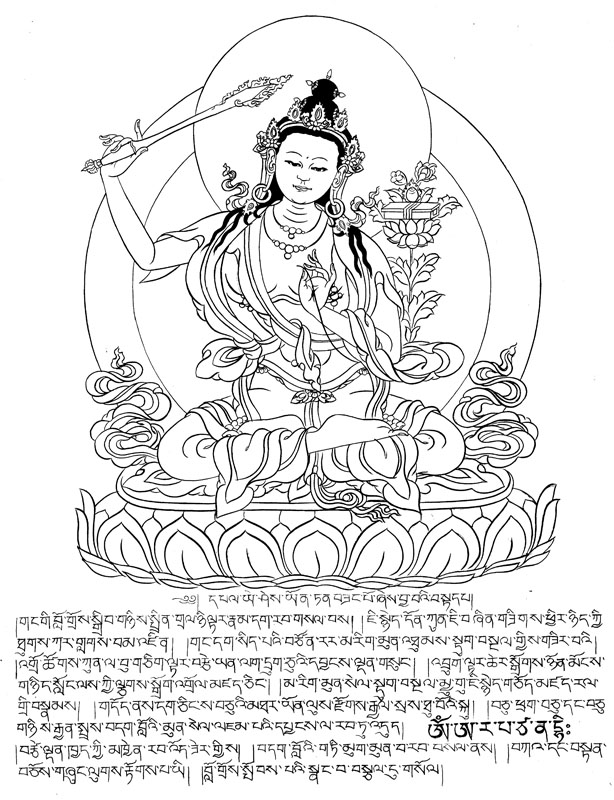 the end of page sixteen and PAGE SEVENTEEN is where Sayadaw adds to the concentration and arising of light with the protection of concentration through the four Bramaviharas of Metta (lovingkindness), Karuna (compassion), Mudita (appreciative joy) and Upekkha (equanimity). It is interesting, how they may be protective of meditation, but they make much sense. Metta to overcome hatred, Karuna to overcome ill-will, Mudita to overcome envy, and Upekkha to overcome indifference. I'm especially taken with equanimity, which I sometimes confuse with indifference. On the one hand, a little bit of seeing everything without pulling might take some turning away, some reduction in looking for details that match our agenda. That can lead to a profound flattening. Bikkhu Bodhi writes;
the end of page sixteen and PAGE SEVENTEEN is where Sayadaw adds to the concentration and arising of light with the protection of concentration through the four Bramaviharas of Metta (lovingkindness), Karuna (compassion), Mudita (appreciative joy) and Upekkha (equanimity). It is interesting, how they may be protective of meditation, but they make much sense. Metta to overcome hatred, Karuna to overcome ill-will, Mudita to overcome envy, and Upekkha to overcome indifference. I'm especially taken with equanimity, which I sometimes confuse with indifference. On the one hand, a little bit of seeing everything without pulling might take some turning away, some reduction in looking for details that match our agenda. That can lead to a profound flattening. Bikkhu Bodhi writes;“The real meaning of upekkha is equanimity, not indifference in the sense of unconcern for others. As a spiritual virtue, upekkha means stability in the face of the fluctuations of worldly fortune. It is evenness of mind, unshakeable freedom of mind, a state of inner equipoise that cannot be upset by gain and loss, honor and dishonor, praise and blame, pleasure and pain. Upekkha is freedom from all points of self-reference; it is indifference only to the demands of the ego-self with its craving for pleasure and position, not to the well-being of one's fellow human beings. True equanimity is the pinnacle of the four social attitudes that the Buddhist texts call the 'divine abodes': boundless loving-kindness, compassion, altruistic joy, and equanimity. The last does not override and negate the preceding three, but perfects and consummates them.”[1]
Sayadaw then adds three additional protective factors of
- Recollection of the Buddha to protect against fear,
- Foulness meditation to protect against lust,
- Recollection of death to protect against
laziness and give urgency
I remember death. It was a time when the music became very, very quiet.
No comments:
Post a Comment